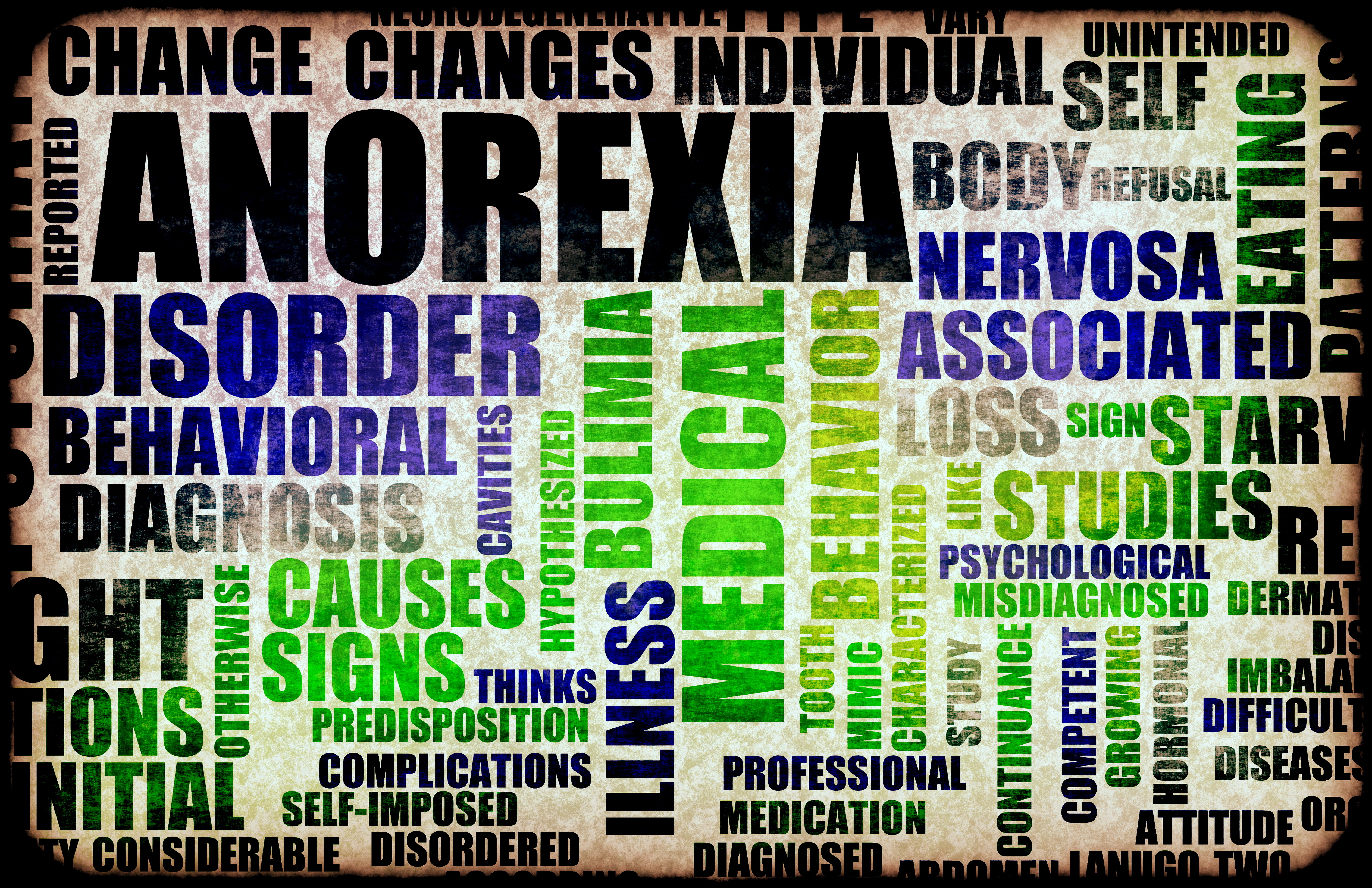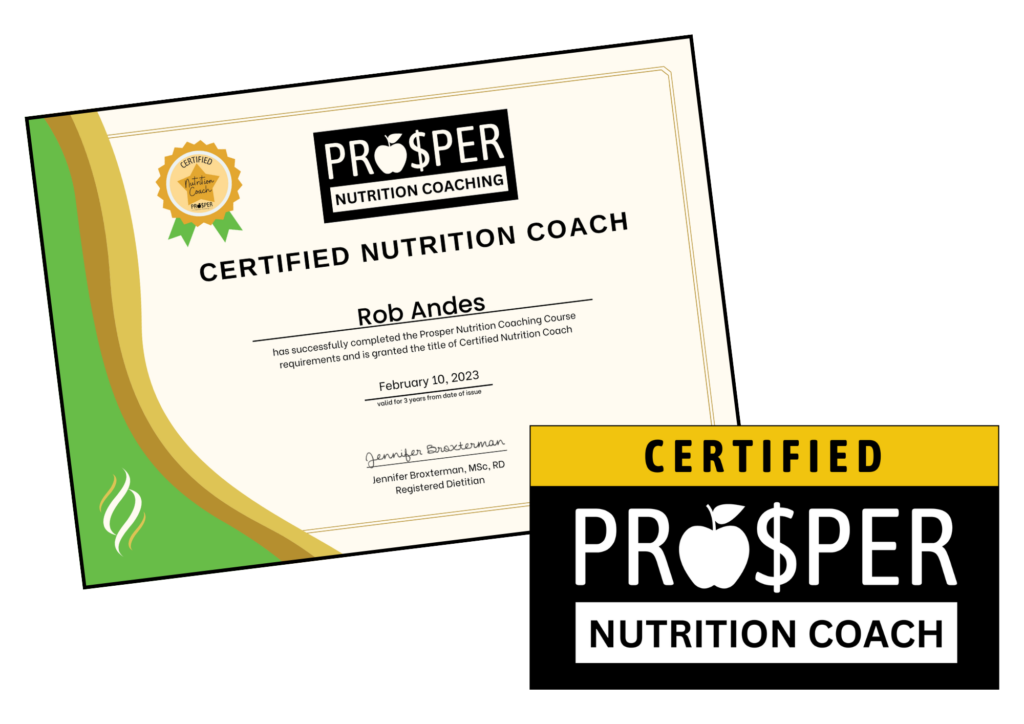

Eating Disorder Warning Signs
Warning Signs of an Eating Disorder

In today’s appearance-obsessed culture, it is not uncommon to see people worry and stress about their weight, the foods they eat, how much they exercise, and their overall appearance. Because the diet culture is so prevalent, it can often be challenging to tell the difference between an eating disorder and normal self-consciousness, weight concerns, and body dissatisfaction.
Further complicating things, people with eating disorders will often go to great lengths to hide the problem. However, there are some warning signs and red flags that you can watch out for.
Restricting Food Intake / Dieting Behaviours
- Making excuses to avoid meals or situations involving food (e.g. they had a big meal earlier, isn’t hungry, or has an upset stomach)
- Eating only tiny portions or specific low-calorie foods, and often banning entire categories of food such as carbs or dietary fat
- Obsessively counting calories, reading food labels, and weighing portions
- Developing restrictive food rituals such as eating foods in certain orders, rearranging food on a plate, excessive cutting or chewing
- Taking diet pills, prescription stimulants like Adderall or Ritalin, or even illegal drugs such as amphetamines (speed, crystal, etc.) to suppress appetite
Binging Behaviours
- Unexplained disappearance of large amounts of food in short periods of time
- Lots of empty food packages and wrappers, often hidden at the bottom of the trash
- Hoarding and hiding stashes of high-calorie foods such as junk food and candy
- Secrecy and isolation; may eat normally around others, only to binge late at night or in a private spot where they won’t be discovered or disturbed
Purging Behaviours
- Disappearing right after a meal or making frequent trips to the bathroom
- Showering, bathing, or running water after eating to hide the sound of purging
- Using excessive amounts of mouthwash, breath mints, or perfume to disguise the smell of vomiting
- Taking laxatives, diuretics, or enemas
- Periods of fasting or compulsive, intense exercising, especially after eating
- Frequent complaints of sore throat, upset stomach, diarrhea, or constipation
- Discolored teeth
Distorted Body Image Behaviours
- Extreme preoccupation with body size or weight (e.g. constantly checking weight on a scale, spending lots of time in front of the mirror inspecting and criticizing their body)
- Significant weight loss, rapid weight gain, or constantly fluctuating weight
- Frequent comments about feeling fat or overweight, or about a fear of gaining weight
- Wearing baggy clothes or multiple layers in an attempt to hide weight
Exercise Addiction (Compulsive Exercise) Behaviours
- Over-training, always exercising very intensely
- Exercising at inappropriate times and places (e.g. missing family events, holidays, exercising in the middle of the night)
- Exercising despite injury or extreme fatigue
- Depression, anxiety, irritability, or guilt about taking a rest day or missing a workout
- Withdrawal from family and friends to spend more time working out
- When exercise is used primarily to burn calories, manage emotions, or give themselves permission to eat
Worried that someone you care about may have an eating disorder? SPEAK UP!
It can be incredibly difficult to raise the subject of eating disorders with a friend or loved one. If you notice warning signs of an eating disorder in a friend or family member that concern you about their overall health and mental wellbeing, it’s important to SPEAK UP! You may just be the catalyst to help them get the recovery treatment they need to get better.
Read more here about How To Talk To Someone About An Eating Disorder
If you’re looking for nutrition counselling support and out-patient treatment for the recovery from an eating disorder, we specialize in 1-on-1 nutrition counselling for adults (18+) both in-person here in London, Ontario, Canada, and via video counselling for those who live far away in the following areas:
- Anorexia
- Bulimia
- Binge eating disorder
- Food addiction
- EDNOS: Eating Disorders Not Otherwise Specified
- Orthorexia
- Exercise Addiction
- Re-establishing a positive relationship with food, exercise, and body image
- Disordered Eating and Eating Disorders in competitive athletes
Wishing you health & happiness,
♡ Jen
Jennifer Broxterman, MSc, RD
Registered Dietitian
NutritionRx: happy, healthy living with our team of Registered Dietitians
Prosper Nutrition Coaching: a world-class nutrition coaching certification
+
+
+
Want to work with a NutritionRx Registered Dietitian?
Learn more here: Nutrition Packages & Rates
+
+
+
Want to become a Certified Nutrition Coach?
Learn more about our habits-based Prosper Nutrition Certification



